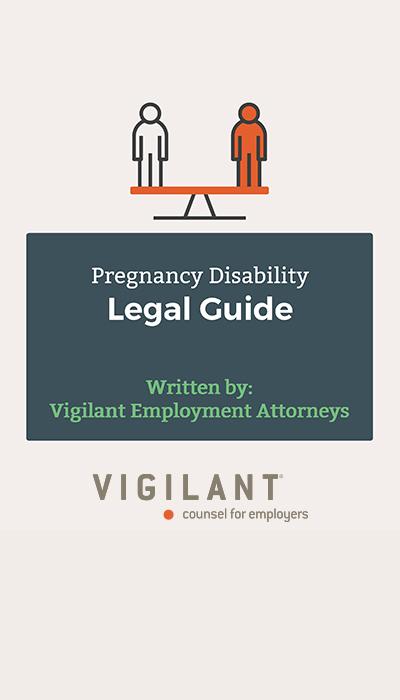Frequent Problems in Nonsubscriber Work Injury Cases
There is only one defense for employers to evade responsibility for a workers’ comp claim, and that is the “sole proximate cause” defense. What this defense argues is that the injured or harmed employee is wholly and completely responsible for his or her own pain and suffering due to his or her own carelessness, recklessness, and/or negligence. More about our “Workers Compensation Lawyers in San Antonio” here
The Texas Workers’ Compensation Act of 1993 had the intent of protecting businesses and giving them protection against expensive lawsuits from injured workers. Texas workmans’ comp law is in part created to punish nonsubscribers in order to persuade these employers to buy state-sanctioned insurance in the hope of reducing the amount of work-related injury lawsuits that were clogging up the Texas judicial system’s resources and further protect injured employees while offering more Texas employees coverage. The only defense left to nonsubscribers is the sole proximate cause defense. Find information on how to act after a “Work Accident Injury in San Antonio” here.
Since this is the only allowable defense for nonsubscriber employers, they use this defense in almost every case. In order for an employer to prove sole proximate cause, they will take whatever underhanded measures they can to show to the judge and jury that you were the cause of your own harms and injuries.
Though nonsubscriber employers took the risk to opt out of workers’ compensation insurance to save money and assets, you can almost guarantee that they will spend their profits and use their assets to hire aggressive and skilled defense teams to protect their businesses and corporate interests. Their defense teams will devote all of their energies to proving your carelessness in the workplace so they can deny or minimize the compensation that is rightfully yours for your harms and injuries.
Employers and their insurance carriers will attempt to bully you into accepting a minimal and far less than adequate settlement that will not cover your medical expenses and lost wages resulting from your accident. They know how to deceive and influence work accident victims by convincing them that the insurers, in fact, truly have the victim’s situation and interest at heart and that the proposed settlement is not only fair but the best one the victim could possibly get. The reality is, however, they are only concerned with saving money for the employers and their insurance carriers, with the intent of protecting their own assets at the price of your own well-being.
Texas law admits of only one other option for employers to get out of paying workplace injury claims, and that is to deny the existence of an employer-employee relationship with those injured in the workplace. If the injured worker is, in truth, not a “real” employee, then the employer in question cannot be expected to pay employer benefits to those who are not on the regular company payroll. Many employers will conceal and complicate the nature of the relationship with certain workers who are not regular employees. For example, many employers contract out work to vendors, builders, truckers, security personnel, etc., and classify these workers as contractors. State law does not compel nonsubscriber employees to provide the same safety standards to contract employees. It follows that by denying this as an employer-employee relationship, employers avoid responsibility for the harms and injuries contract workers receive in the workplace.

